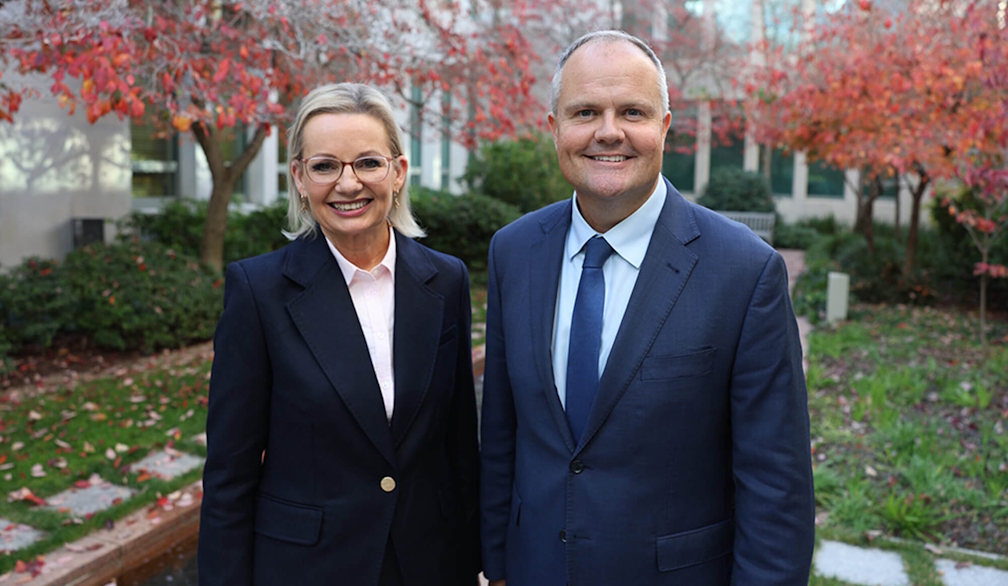5 Dating Red Flags to Watch Out For

There are many things to look out for when dating someone new. While some warning signs may be blatantly obvious, others can be more subtle. It is important to be aware of these red flags, as they could indicate that the person you are dating is not right for you. Here are five of the most common red flags to watch out for in a potential partner.
Someone Who Is Always Negative and Complains About Everything
Being around someone who is always negative and complains about everything can be incredibly draining, both physically and mentally. This person typically focuses relentlessly on the negative aspects of any situation, refuses to accept any solution or perspective different from theirs, and often falls into a cycle of rumination. As a result, it quickly turns conversations into long episodes of unhappiness and disappointment instead of meaningful social interactions. Over time, this pessimism can easily become contagious, leading to feelings of anxiety and dejection among those who make regular contact with the person in question.
Those around them may even start to resent this individual for their intransigence and inability to find solace in anything positive. Such behavior not only brings down our emotional state but also affects the general atmosphere of our lives; it's important to recognize when we are dealing with such a person and take appropriate measures to protect ourselves from their negative energy. It's always best to know how to show empathy towards others (even if it's hard) while holding up boundaries between ourselves. After all, a kind word between friends goes a lot further than complaints that always lead nowhere!
Someone Who Is Always Trying to One-up You
In life, one may encounter people who always strive to outshine those around them. These individuals may look for opportunities to make themselves appear superior compared to those they consider their peers. These individuals may tell exaggerated stories that were never actually true or attempt to draw attention away from the successes of others by introducing seemingly more impressive feats – all in an effort to highlight their own accomplishments. They might habitually talk about what they have achieved or constantly interrupt conversations so as to interject with their own efforts or conclusions. It is important to identify such behavior and react cautiously.
At the same time, it isn't necessary to be antagonistic towards those who find satisfaction in elevating themselves; it is prudent to validate oneself and others whilst modeling diplomatic behavior in return. Doing so shows respect for both the individual engaging in such conduct and also for those on the receiving end of it. Ultimately, seeking validation through attempting to one-up others exhibits an underlying insecurity and low self-worth destined to be ultimately unsatisfying - a goal better reached by working on oneself than by attempting comparative judgments of others. With confidence and integrity, one can experience true self-serenity without having any need for such prejudiced contests.
Likewise, focusing on personal success rather than competing with those around them will often find far more contentment and fulfillment than could ever come from invalidating these pursuits of others through heavy-handed tactics of superiority.
In short, it is important not to engage when someone seeks competition with you yet sees worth by seeing the strengths within yourself instead of competing with those around you. That invariably leads down a fading road of diminishing value leading only away from true satisfaction. Only you can provide satisfaction no matter how grandiose another's braggadocio might be; embrace your successes - big small, and all that comes between - it's every individual's inner quest for the serenity that always reaps the greatest rewards mentally and spiritually!
Someone Who Is Always Late or Never Follows through on Plans
Being dependable is an invaluable trait in any person. Trustworthiness and reliability are essential characteristics for forming strong relationships with others and maintaining successful commitments. Those who fail to live up to expectations, either in terms of being late for appointments or not following through on promises, exhibit a lack of sincerity and consideration for the feelings of others.
Such behaviors can do serious damage to self-respect, as well as undermine friendships, family ties, and professional networks. In short, it is important to show respect by arriving on time and honoring agreements made with others. Making a conscious effort to be punctual and keep one's word demonstrates respectability that leads to trustworthiness both within oneself and with those around us. Following through with commitments is critical for building strong relationships and preserving mutual respect.
Someone Who Is Disrespectful to Others
Disrespect towards others is unbecoming, regardless of the relationship leading up to it. This is especially true when it involves someone's family or friends. Showing respect for those closest to us is essential—it helps cement our bonds and strengthens relationships. Unfortunately, there are still people who continually treat those around them with disrespect. Whether it's through ignoring demands and requests, imposing their expectations on others, failing to acknowledge accomplishments, or speaking in a condescending way to those they care about, such behavior causes pain and frustration all around.
People who behave this way never realize the harm they cause and think their actions are acceptable—but that could not be farther from the truth. Therefore, if someone often mistreats those around them, it would be beneficial for all involved if they take a step back and reflect on the effects of their words and actions on those closest to them. This can help restore respect in the relationship and benefit everyone involved in the long run.
Someone Who Has a History of Being Unfaithful
Unfaithfulness or cheating in relationships can be devastating, hurtful, and a symptom of a deeper problem. Someone who has a history of cheating may feel disconnected from themselves or their partners, struggling to form trusting and meaningful connections. These feelings may result from unresolved trauma, experiences with past relationships, or difficulty expressing feelings authentically. Unconsciously using cheating as a way to feel loved or desired can further lead an individual down the path of dishonesty. Therefore, it is important to identify the underlying causes of unfaithfulness and assess its presence in their current relationship. Failing to do so would almost guarantee that any new relationship falls under the same destructive patterns.
Therefore, those with problematic histories of cheating or visiting a sugar daddy website while in a relationship should look deep within themselves and honestly reflect upon why they cheated to protect themselves and their future partnerships from falling into similar patterns again. Identifying root causes and understanding one's own issues more comprehensively can mean finding much more fulfilling relationships moving forward - where mutual trust, respect, and honesty are established as the foundation for love.












